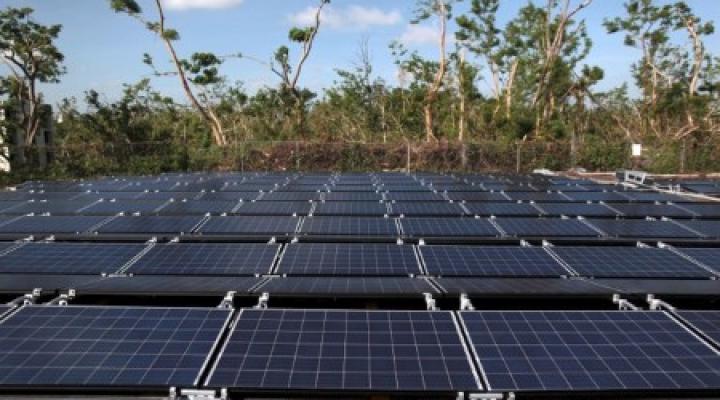Similar to the long-established trading on shares, bonds, and other securities on a normal market, Nigerians may soon be able to trade on the country’s energy supply ecology and other derivatives.
As part of a national agenda to improve the large commodities trading ecosystem, Nigeria’s top capital market regulator, Securities and Exchange Commission (SEC), is coordinating initial attempts to build an Energy Exchange.
The SEC has granted permission to the Lagos Commodities and Futures Exchange (LCFE) to trade in a number of commodities and futures related to agriculture, oil and gas, solid minerals, and currencies. At the LCFE, a number of investors are trading in gold. Governor Babajide Sanwo-Olu introduced the LCFE’s gold instrument, known as Eko Gold, in July 2022.
Read Also: google-unveils-nigerians-increasing-interest-in-environmental-problems
Director-General, SEC, Mr. Lamido Yuguda, said the Technical Committee on the Commodities Trading Ecosystem set up by the commission has engaged the Nigerian Bulk Electricity Trading Plc (NBET) on modalities to establish an Energy Exchange.
He said the proposal was part of an elaborate plan to open up the commodities ecosystem.
He said the Nigerian Agricultural Insurance Corporation (NAIC) has also been working with the commission to reduce risks in the agricultural value chain, noting that the Commodities Trading Ecosystem Implementation Committee (CTEIC) saw the acceptance of NAIC as a step to fostering greater collaboration and support for the ecosystem.
According to him, there have also been discussions with the National Insurance Commission (NAICOM), the regulator of the insurance industry, by commodities exchanges on ways of deepening the commodities market by encouraging the involvement of insurance companies, expanding insurance coverage for the commodities trading value chain, and implementing other mechanisms for mitigating risks in the ecosystem.
Story adapted from The Nation
